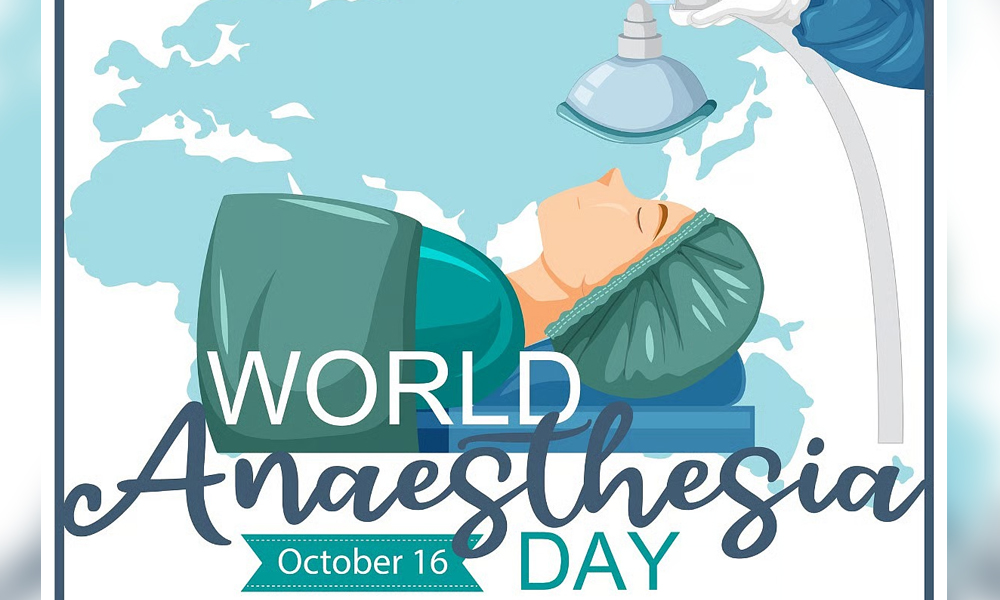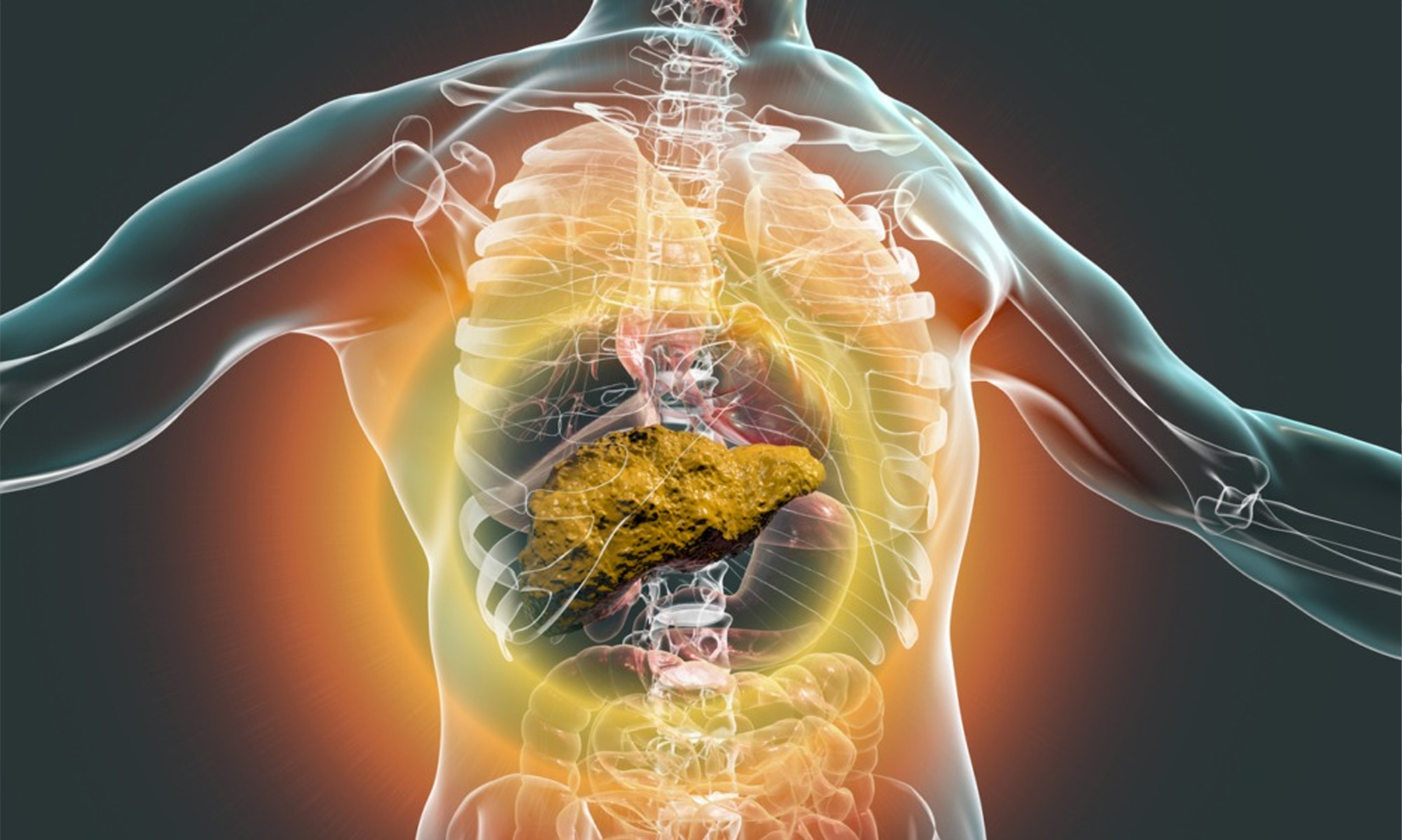Too much caffeine can cause anxiety
Digital Desk: The Coffee isn’t just a morning ritual, it can actually be good for your health. Studies indicate that coffee consumers are less likely to die from heart compared to those who don’t drink coffee. The health benefits, however, depend on factors such as the amount consumed, age, biological sex, medications, and even genetics.
Some of coffee’s positive effects come from caffeine, while others are linked to its rich mix of antioxidants and other compounds. Studies show that drinking coffee may lower the risk of Parkinson’s disease, Alzheimer’s disease, type 2 diabetes, metabolic syndrome, chronic kidney disease, liver cancer, cirrhosis, gallstones, and kidney stones.
Caffeinated coffee has also been associated with improved mood and a reduced risk of depression in certain groups . consuming three to four cups per day could reduce the risk of stroke and has been reported to protect against cancers of the mouth, throat and digestive tract although the evidence is yet to be established.
Still, coffee isn’t without risks . However, excessive caffeine may lead to anxiety, headache or increased pulse rate. It can also produce heartburn, urinary urgency, and a modest increase in cholesterol when filtered in an unfiltered manner e.g. in a French press. Other studies have attributed this decrease in bone density in certain women to drinking five or more cups of milk per day, but this is countered by sufficient calcium intake.
For those who are pregnant, planning to conceive, or breastfeeding, caffeine intake should be limited to 200 milligrams per day — roughly equivalent to 12 ounces (360 milliliters) of coffee.
Overall, for most healthy adults, drinking coffee in moderation is safe and may offer multiple health benefits. However, when you start showing side effects, then it is time to cut down on consumption gradually so that you avoid withdrawal symptoms.


















